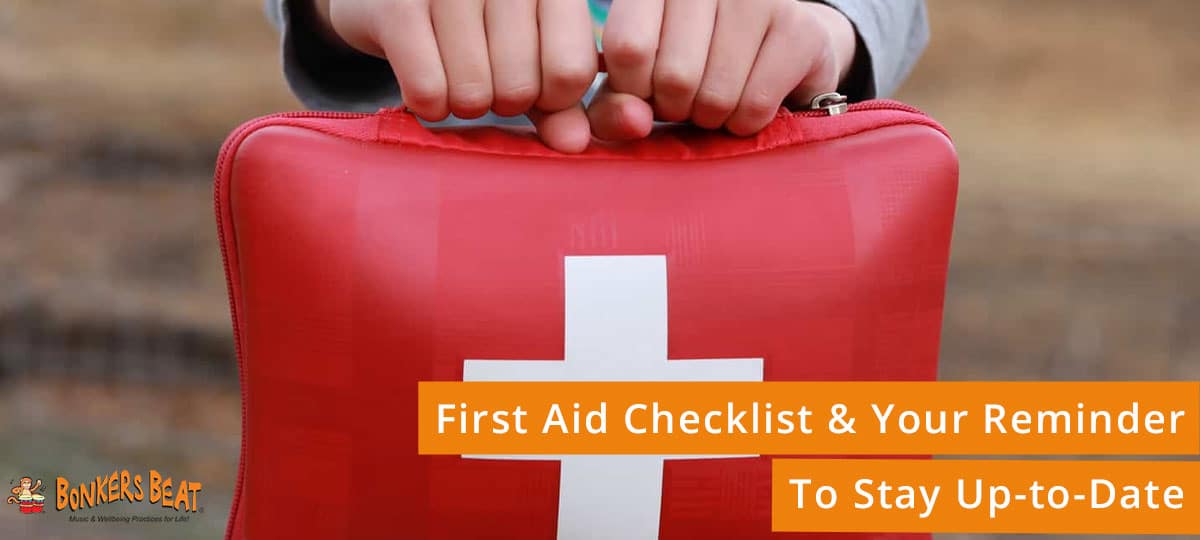Keeping children safe in our care is crucial to the role of an Early Childhood Educator. The more knowledge everyone in your centre has on up to the minute first aid practices, the better. There are many reasons why first aid is so important. From allergies to asthma, falls and cuts, burns and broken bones — incidents can and do happen. Being prepared for anything means that you can feel confident that you can tend to a child’s needs at any moment. This also means children and families can feel safe and secure as members of your childcare community.
With potentially serious illnesses like Covid-19 adding another risk, particularly for those with pre-existing health concerns, first aid should be a priority. First aid renewal is required every three years to remain up-to-date. For CPR training, re-training needs to take place annually. Some educators might wonder why — after all, they know how to do it. However, the most effective procedures and guidelines can evolve and change over time and you need to know what the very best approach is, especially when it comes to saving a child’s life.
First aid kit — checklist
As well as ensuring educators have renewed their first aid certification, everyone should also know where to access your centre’s first aid kits. These may need to be retrieved quickly in an emergency, so choose where to store them carefully.
HealthDirect.gov.au recommends that your basic first aid kit checklist should cover:
- crepe bandages of varying widths
- hypoallergenic (skin) tape
- triangular bandages
- adhesive dressing strips (such as bandaids) in different sizes
- gauze swabs
- combine dressing pads (10cm x 10cm)
- non-stick dressing pads (7.5cm x 10cm)
- sterile eye pad
- alcohol swabs
- stainless steel scissors (sharp/blunt) 12.5cm
- disposable gloves
- stainless steel pointed splinter forceps (tweezers)
- shock (thermal) blanket
- safety pins
- notepad and permanent marker
- sterile saline tubes/sachets
- disposable resuscitation face shield
- antiseptic skin swabs
- stop itch cream
- first aid booklet
Keep track of when you and your team members need to renew first aid and CPR certifications. You could even consider doing it together as a team so that everyone is given the same insight into first aid at the same time. This way, everyone knows exactly how to approach a first aid situation, and how to utilise every item in the first aid kit.
If you got your first aid certificate three years ago, it’s time to renew it. Find a nationally accredited first aid provider and maintain your power to save lives.
For any child with diagnosed Anaphylaxis a centre is required to hold an Epipen onsite. Knowing how and when to use an Epipen (Adrenaline Autoinjector) is also an important part of first aid training. Refresher training at Staff Meetings throughout the year is strongly recommended to ensure educators are confident in using these devices.





